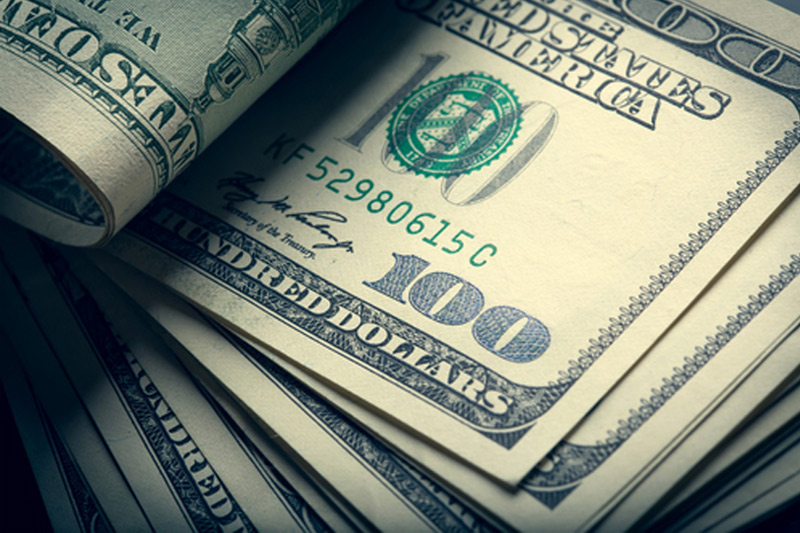Investing.com – The U.S. dollar steadied in early European trade Wednesday ahead of Federal Reserve Chair Jerome Powell’s appearance before Congress, while sterling gained with U.K. inflation remaining highly elevated.
At 02:00 ET (06:00 GMT), the , which tracks the greenback against a basket of six other currencies, edged higher to 102.185, trading just above its recent one-month low.
Powell’s testimony in focus
The dollar received a boost Tuesday with the release of surprisingly strong U.S. housing data, as surged 21.7% in May, much more than expected.
However, gains were limited as there wasn’t the corresponding jump in and traders were reluctant to commit strongly ahead of Powell’s congressional , starting with the U.S. House Financial Services Committee on Wednesday.
The paused its year-long rate hike cycle last week, but also flagged the potential for more increases in rates later in the year, and thus Powell’s comments will be studied carefully for more cues on monetary policy.
U.K. CPI remains highly elevated
Elsewhere, rose 0.2% to 1.2792 after U.K. inflation showed few signs of easing, with the May coming in at 8.7% on an annual basis, unchanged from the prior month.
The meets on Thursday, and is still widely expected to increase interest rates once more from the current 4.5% level with inflation still more than four times above the central bank’s 2% medium-term inflation target.
“After some unwelcome inflation and wage data, markets now expect the Bank of England to take rates close to 6% over the coming months,” said analysts at ING, in a note. “That equates to almost six additional rate hikes and is very close to the highs we saw in the midst of the ‘mini budget’ crisis last year.”
Euro remains near one-month high
slipped 0.1% to 1.0911, remaining close to a one-month peak, the risk-sensitive edged higher to 0.6788 and gained 0.2% to 141.75, trading close to seven-month highs with the Bank of Japan maintaining its ultra-loose monetary policy.
rose 0.2% to 7.1934, with the yuan sinking 0.2% to a near seven-month low against the dollar the day after the People’s Bank of China cut its key , its first such move in 10 months, as Chinese authorities attempted to shore up a slowing economic rebound.
Read the full article here
